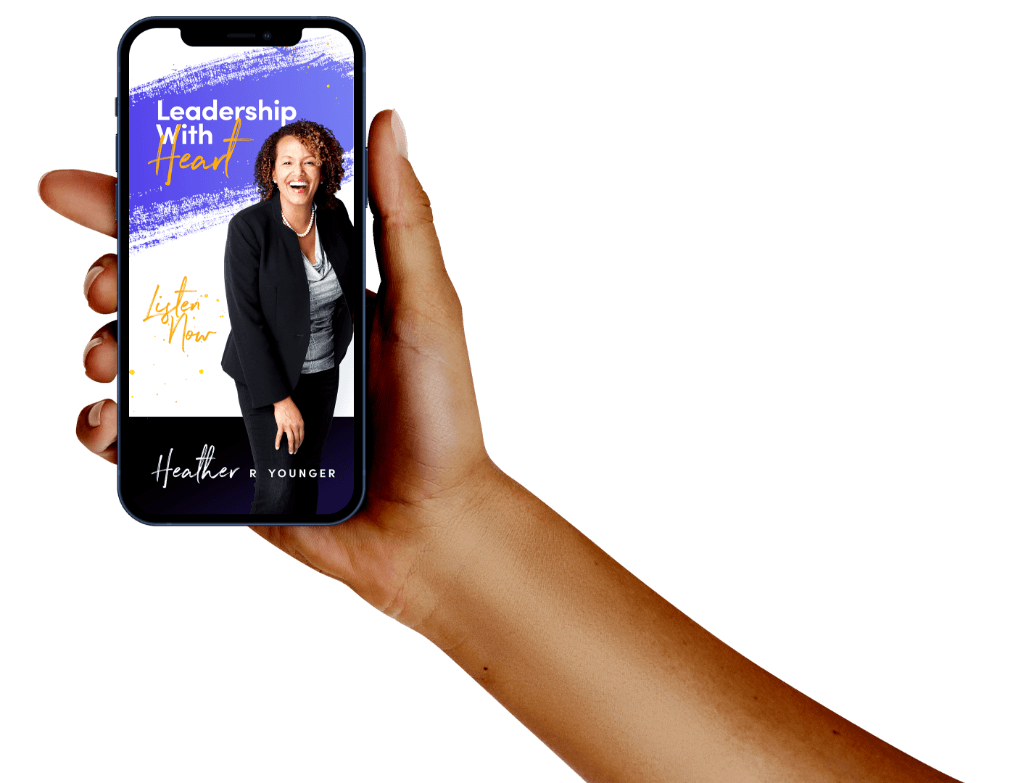[This is the second of a 2-part series on leadership trust accounts. You can find the first article HERE. I highly recommend you start there and then come back to this piece]?
In the first part of this series, I referred to communication and appreciation as the first two ways organizational leaders can fill their leadership trust accounts. This last part highlights the importance of follow-up and follow-through, and being fair and inclusive.
3. Follow through and follow up
There are very few things that can break down trust and deplete your leadership trust account more than failing to do what you said you would do.
I often find that many leaders are not purposely misleading their team members. Instead, they get busy and distracted by tactical daily duties and forget to circle back around to update their team on course changes.
Following up is a way to show them that you were listening when they were speaking, or when you made promises to move in a certain direction. You go back to them after a conversation to confirm they were heard and you are acting. Following through is a way to build dividends by acting in a way that is consistent with your words. Doing both is a prime way to build trust with your people. It is the sign of an integrity-based leader.
4. Be fair and inclusive
-
Hold everyone accountable for their actions
When I read through survey comments or facilitate employee focus groups, I often find that they perceive an unfairness in accountability. Some report that their coworkers get away with a lot more, because they are “friends” with the boss. Still others recall instances where coworkers obviously dropped the ball and nothing was done to ensure it would not happen again.
Organizational leaders inside and outside of human resources should sit down to evaluate their practices around accountability. Additionally, it is crucial to make sure that what the organization expects is also enforced evenly, no matter the position one holds.
-
Offer the same perks, benefits, and opportunities
Fairness is the cornerstone of the psychological contract that exists between employer and employee. Organizational leaders can demonstrate fairness by offering the same perks and benefits to all employees. When an employee decides to join an organization, they do so expecting that the work they do will afford them fair and equal treatment.
This does not mean that all employees should get the top bonus, if there is such a structure in place. What it does mean is that the process by which bonuses are earned is transparent and easy to understand.
The same holds true for promotions and career paths. Establish a clearly defined and open process for how and when team members can move along the path. When organizational leaders hold this process close to their chest, they deplete their leadership trust accounts in ways they might not expect.
_________________________________
This was the last of a 2-part series on leadership trust accounts. I am grateful you read both. I certainly hope that you take these things to heart, because this is from the mouths or keyboards (in case of surveys) of frontline employees.
Trust must be earned and can be lost in an instant. Organizations that do take all these principles to heart and adjust, where necessary, will keep the trust of their people.
Trust is everything.
_________________________________
Please do Share this article if you found it insightful. As always, I would be thrilled to read your feedback. Thank you for your willingness to see things differently.
If your organizational leaders need a little help in maintaining or regaining the trust of your people, don’t hesitate to reach out.






